Join us for the 2024 Workshop on Creativity & Generative AI: A dialogue between machine learning researchers and creative professionals. In the wake of a disruptive year of advances in generative AI, we are bringing together the two communities for much-needed conversation.
We will provide a forum to voice the concerns and proposals of creative professionals, highlight existing efforts and jump-start new initiatives to empower creative communities, and foster mutual understanding and collaboration. Speakers and participants will include people who have a technical background in machine learning, as well as creative professionals who can speak to their experiences with generative AI.
The workshop will include:
- papers, posters, and talks with technical contributions and broader perspectives
- exhibition of artwork that critically engages with the use of AI in creative endeavors and sparks conversations about our relationship with AI
- panels and round table discussions to foster mutual understanding and collaboration.
The workshop is co-located with the NeurIPS 2024 conference, a large annual AI conference, and will take place in Vancouver, Canada.
Locations
Saturday:
| Time | Location |
|---|---|
| 8:45 - 12:00 | NeurIPS, room 201 |
| 12:00 - 13:00 | Lunch at Indian Delicacy |
| 13:00 - 14:00 | Poster Session at NeurIPS + Wecome & Intro at Pinnacle Hotel Harbourfront, Level A, Corduva Ballroom |
| 14:00 - 15:00 | Pinnacle Hotel Harbourfront, Level A, Corduva Ballroom |
| 15:00 - 18:00 | Pinnacle Hotel Harbourfront, Level 3, Ports of the World |
| 18:00 - 21:00 | Pinnacle Hotel Harbourfront, Level 3, Ports of the World |
Sunday:
Pinnacle Hotel Harbourfront, Level A, Salon F
Important Dates
| Event | Date |
|---|---|
| Submission Deadline | September 12, 2024 |
| Final Decisions | October 9, 2024 |
| Workshop Date | December 14 and 15, 2024 |
Schedule
The following schedule is tentative and will be confirmed closer to the workshop:
Saturday
| Time | Topic | Speaker(s)/Presenter(s) | Location |
|---|---|---|---|
| 8:45-9:00 | Intro / Opening Remarks | 201 room (NeurIPS) + Online | |
| 9:00-9:15 | AI in Hollywood: Acts 1 & 2 | Jillian Arnold | 201 room (NeurIPS) + Online |
| 9:15-9:45 | Keynote Talk | Kelly McKernan | 201 room (NeurIPS) + Online |
| 9:45-10:15 | Coffee Break | 201 room (NeurIPS) | |
| 10:15-11:15 | Panel on AI & Copyright | A. Feder Cooper, Edward Lee, Ben Brooks, Jillian Arnold, Kelly McKernan | 201 room (NeurIPS) + Online |
| 11:15-11:45 | Contributed Talks | 201 room (NeurIPS) + Online | |
| 11:45-13:00 | Lunch Break | ||
| 13:00-14:00 | Poster (Neurips)Session | 201 room (NeurIPS) | |
| 13:00-14:00 | A Non-technical Overview of Generative AI (concurrent session) | Pinnacle Hotel, Level A, Corduva Ballroom | |
| 14:00-14:15 | Break / Move to Pinnacle Hotel | ||
| 14:15-14:45 | The Incompatibilities between Generative AI and Art | Ted Chiang | Pinnacle Hotel, Level A, Corduva Ballroom + Online |
| 14:45-15:30 | Coffee Break / Icebreaker | Pinnacle Hotel | |
| 15:30-15:45 | The Opportunity to Connect People Through GenAI | Carl Kwoh | Pinnacle Hotel, Level 3, Ports of the World + Online |
| 15:45-16:00 | Photography, Go, and Copyright: a Creator’s Perspective | Jingna Zhang | Pinnacle Hotel, Level 3, Ports of the World + Online |
| 16:00-17:30 | Round Table Discussions | Pinnacle Hotel, Level 3, Ports of the World + Online | |
| 17:30-17:45 | Closing Remarks | Pinnacle Hotel, Level 3, Ports of the World + Online | |
| 18:00-21:00 | Dinner | Pinnacle Hotel, Level 3, Ports of the World |
Sunday
| Time | Topic | Speaker(s)/Presenter(s) | Location |
|---|---|---|---|
| 9:00-9:45 | Towards Better Metaphors for Generative AI | Isabelle Levent | Pinnacle Hotel, Level A, Salon F |
| 9:45-10:30 | What are we not thinking of? | Jillian Arnold | Pinnacle Hotel, Level A, Salon F |
| 10:30-11:00 | Coffee break | Pinnacle Hotel, Level A, Salon F | |
| 11:00-11:45 | Impact of Generative AI on Photography and Entertainment Art | Jingna Zhang | Pinnacle Hotel, Level A, Salon F |
| 11:45-14:00 | Discussions followed by Lunch | Pinnacle Hotel, Level A, Salon F |
Roundtables
Pinnacle Hotel roundtables
Priorities for Future Policy: What Matters, Who’s Responsible, and How to Respond
Moderator: Ben Brooks
There has been lots of talk but little action on AI reform for creators. Reform is complicated by imprecision about what risks matter most to creators and developers, who in the supply chain should mitigate them, and how to respond with technical or regulatory interventions. These challenges are especially acute in an open and distributed ecosystem, where capabilities, risks, and responsibilities are distributed across different actors. This session will ask participants to prioritize risks and interventions, highlighting areas of consensus between creators and developers, as well as areas where AI reforms overreach or miss the mark.
AI & Creative Writing
Moderator: James Yu
In Roald Dahl’s short story “The Great Automatic Grammatizator,” he imagined a world where machines could craft Pulitzer-worthy tales—a vision once dismissed as bizarre and far-fetched. Yet, that world is nearly here.
Today, storytellers are collaborating with AI, from crafting intricate plots to refining prose, spanning everything from short stories to epic novels.
What happens when the storyteller is an AI-human centaur? Could an AI pen the next Great American Novel? Will the next Hemingway collaborate with AI co-authors? And perhaps the biggest question of all: does AI truly understand what it means to tell a story?
Defining Creativity: Perspectives and Implications for Creative Tooling
Moderator: Isabelle Levent
What do we mean when we talk about “creativity?” Sometimes described by features of its product, process, or in relation to specific tasks, creativity lacks a standard definition. In our roundtable, we will discuss various definitions of creativity and how they inform different approaches to creative tooling.
The Creatives’ Wishlist: An Exploration of AI Tools to Help the Artistic Community
Moderator: Jingna Zhang
While capabilities research advance rapidly, research to protect and support creative communities affected by these developments remain largely underexplored. This roundtable will discuss a wishlist of tools surveyed from working professionals in visual arts—such as better ways to protect their work online, detect unauthorized usage, and search for non-AI media. By bringing these real-world needs to researchers, we hope to bridge the gap between academia and the impact that research has had on a community deeply affected by these developments.
Exploring the side affects of AI on Creativity & Labor: the pros, the cons, the issues we never think about
Moderator: Jillian Arnold
Our goal is to explore the downstream affects of AI on the every day lives of the artists and technicians, in the creative sectors. How does AI affect the track to becoming a master of its craft? What is the new entry level position? How does this affect healthcare, pension, and retirement? What are the up skilling and re-skilling opportunities? How do we reincorporate the creative sector? What are the emotional side affects of economizing, streamlining, and personnel contraction due to AI.
How can we integrate AI with the least amount of negative impact, while not stifling the positive impact within our creative communities?
Rulings Not Rules – Unlocking Improvisational Play
Moderator: Carl Kwoh
In this round-table we discuss how the capabilities of LLMs can unlock a powerful new digital paradigm for creativity and playfulness but moving away from deterministic rules engines, to probabilistic rulings that amplify and personalize the experience.
Exploring the Intersection of Generative AI and Human Creativity
Moderator: Kelly McKernan
Generative AI is a quickly moving technology and foundational models are already disrupting creative fields. Some laud these models as a tool in the creative process, while others believe their plagaristic roots preclude authenticity. Is it possible for Gen AI - now or in the future - to aid in creative process in a genuine manner or can it only synthesize the human ingenuity its trained upon?
Online roundtables
Copyright, Creativity, and Machine Learning: Bridging Perspectives
Moderator: Methab Khan
This roundtable invites participants from diverse backgrounds to explore the intersections of copyright, technology, and creativity. We will discuss the challenges copyright poses to developing ML applications and creative works, focusing on issues like data access, fair use, and protecting creators’ livelihoods. Together, we’ll examine how current copyright laws align with these goals and identify gaps in the law. The discussion will be collaborative, as we will examine fair use factors, analyze ongoing copyright lawsuits against AI companies, and share best practices for ML researchers working with copyrighted data and for creators protecting their work.
What do we do when AI causes harm?
Moderator: Dan Mcquillan
Generative AI may be undermining livelihoods in the creative sector, but this is only one form of harm. AI and ML are also implicated in disinformation, exploitation, and environmental degradation. What do we do when the real world effects of AI start to diverge strongly from our own values? What if AI seems to align with authoritarian and far right politics? In this roundtable, we will explore concerns about AI’s impacts and discuss how we, both as practitioners and citizens, can collectively respond.
Speakers
Ted Chiang
Writer
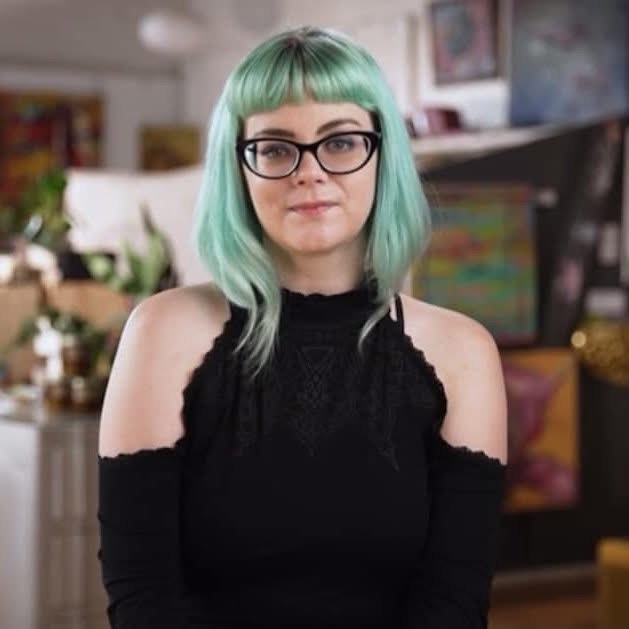
Kelly McKernan
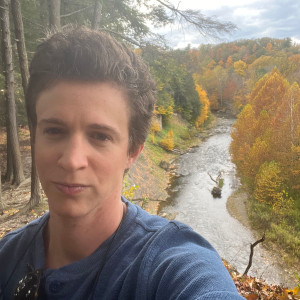
A. Feder Cooper
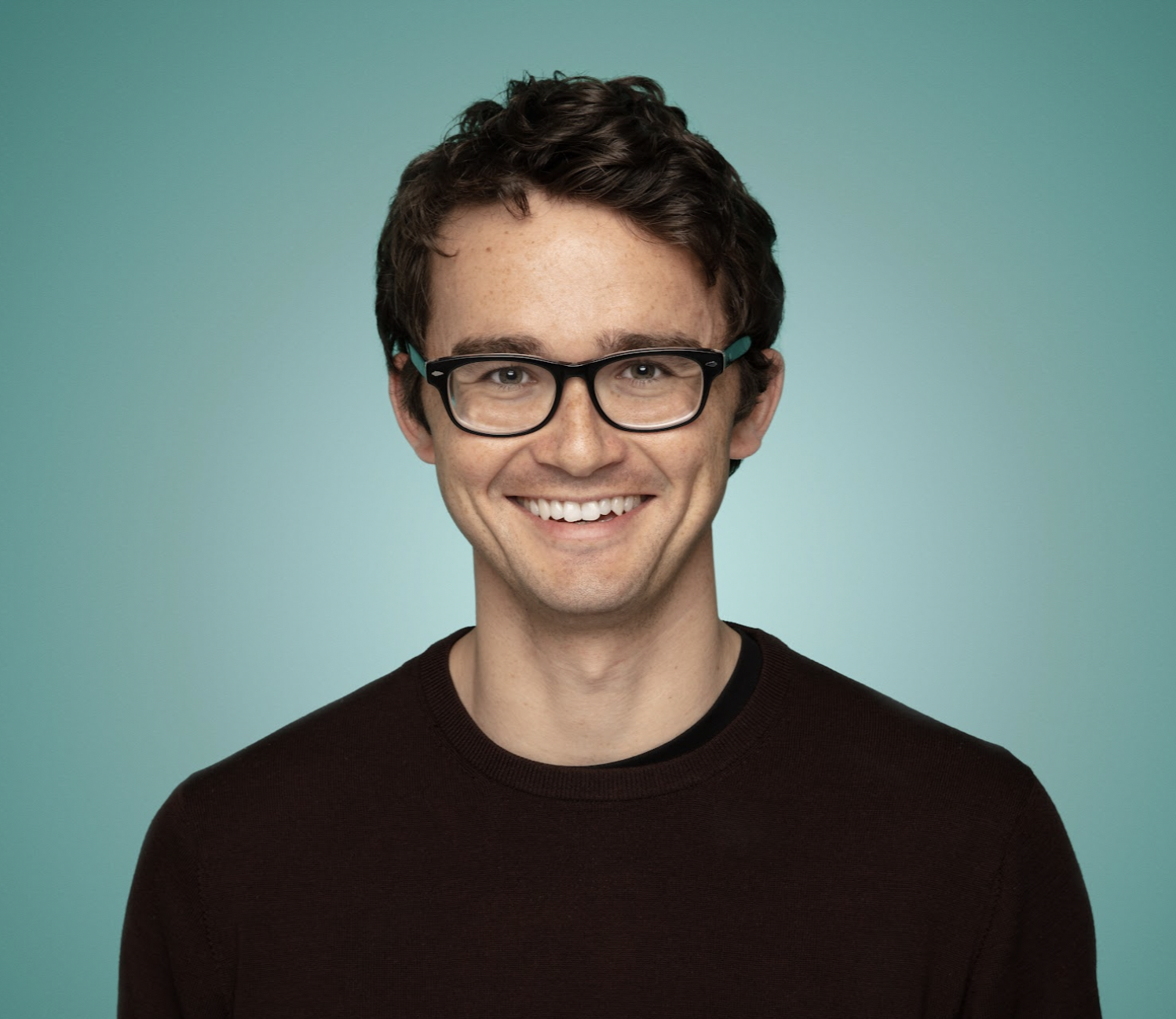
Ben Brooks
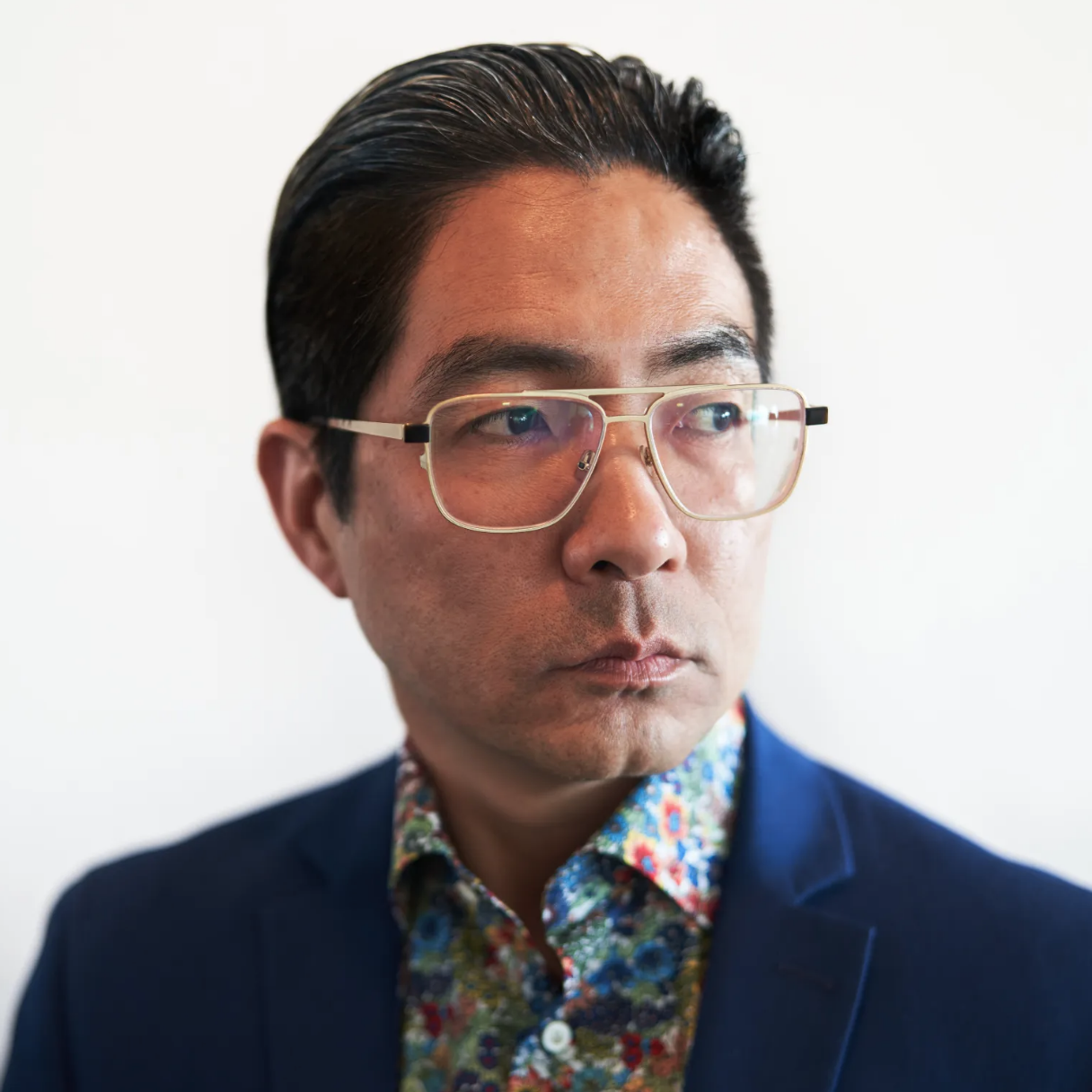
Edward Lee
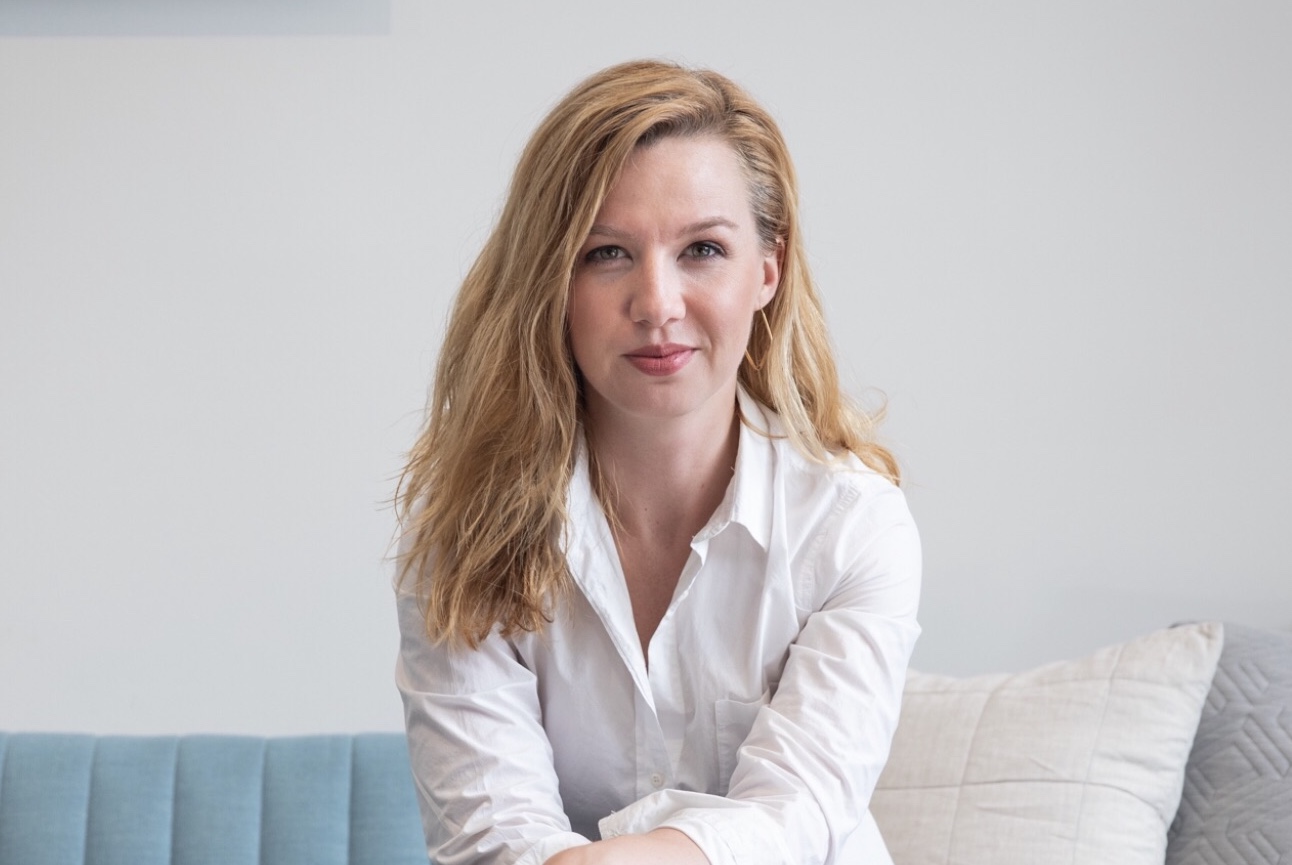
Jillian Arnold
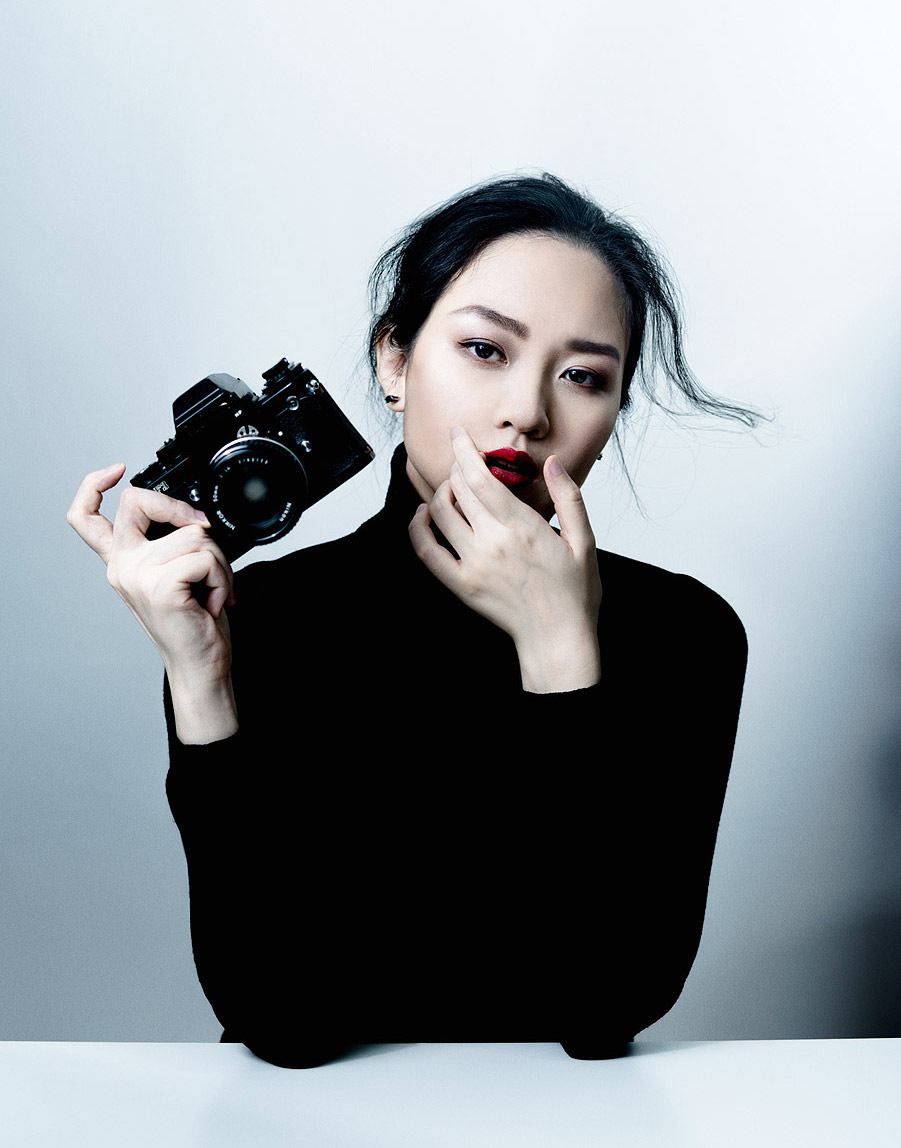
Jingna Zhang
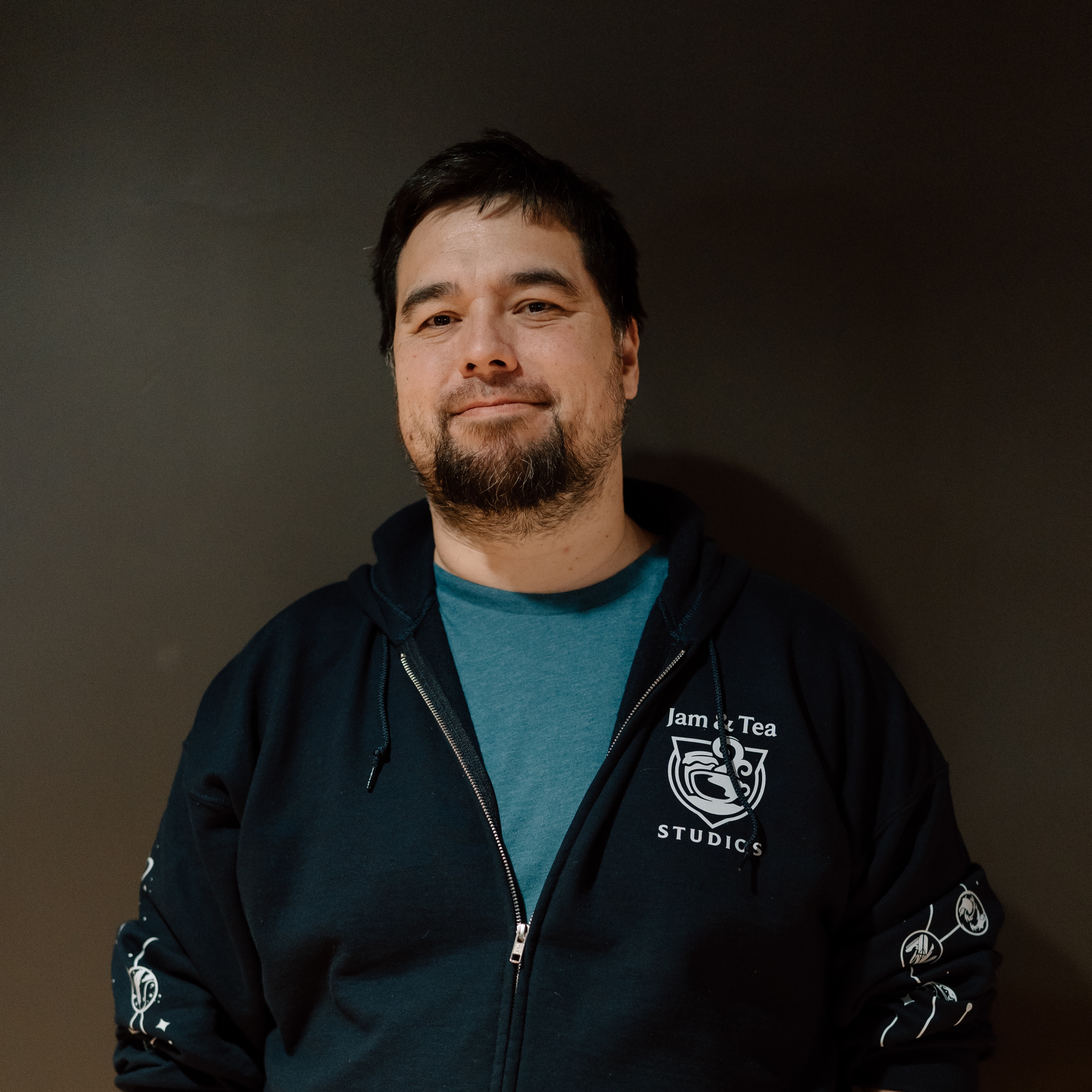
Carl Kwoh
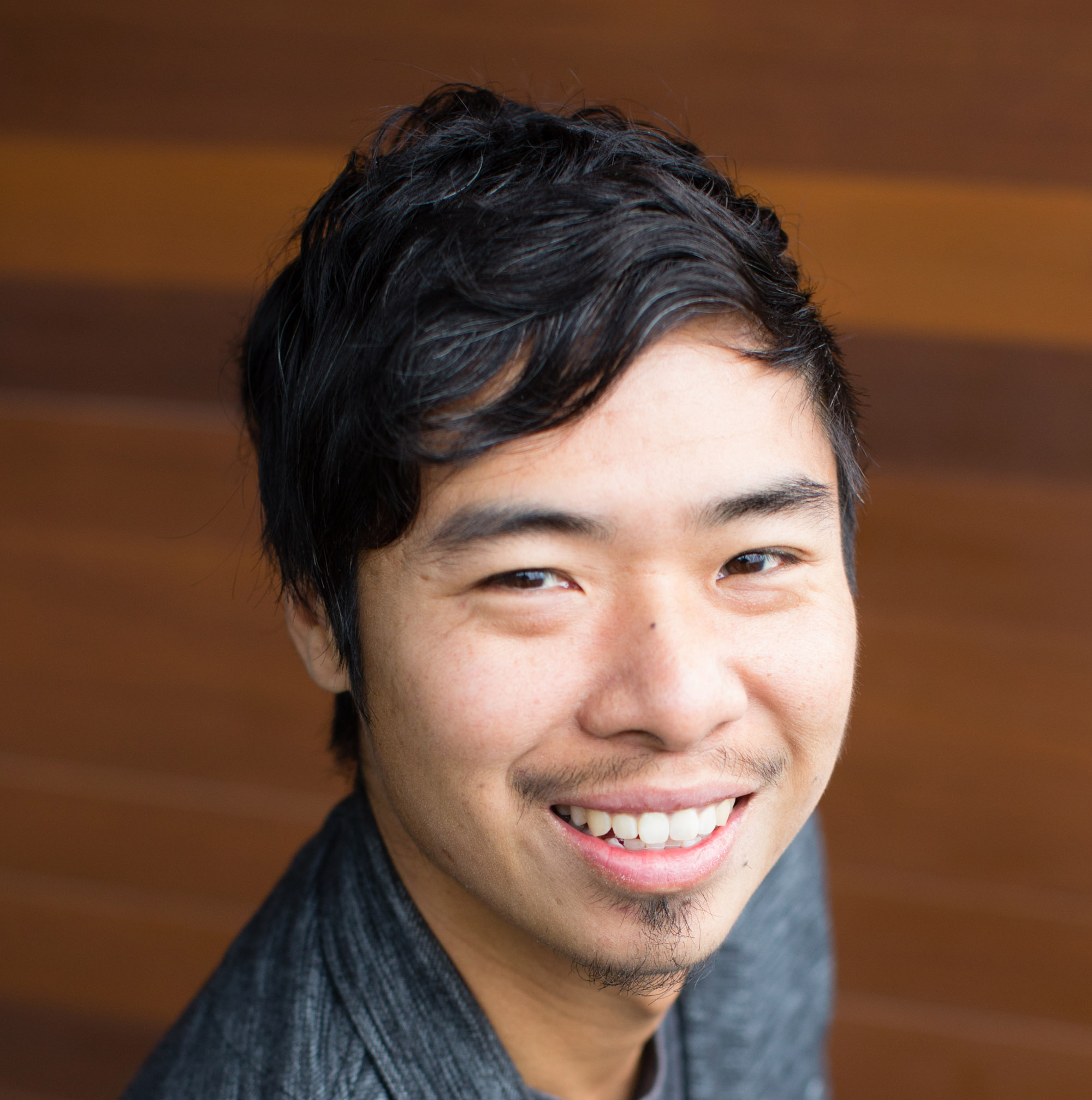
James Yu
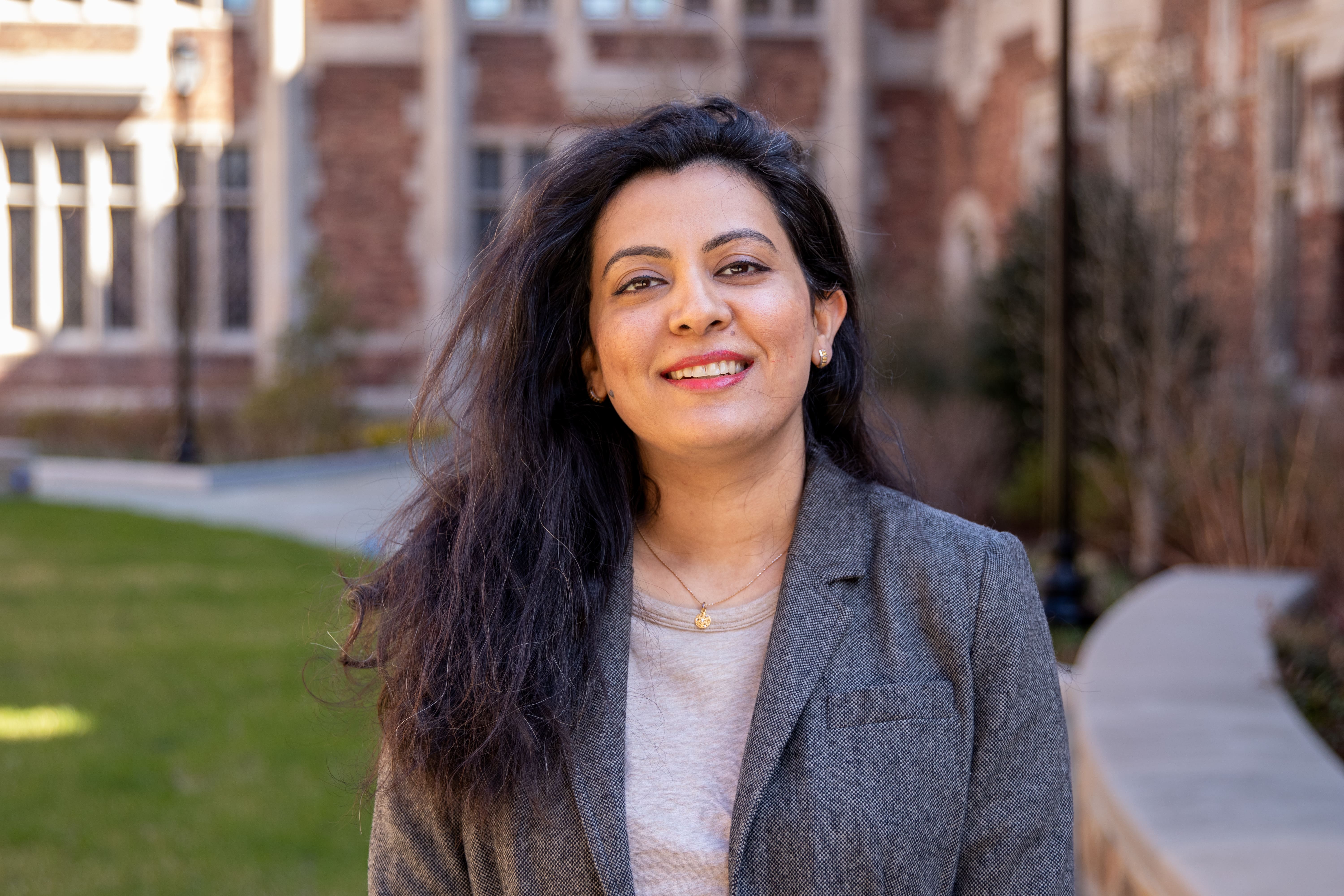
Methab Khan
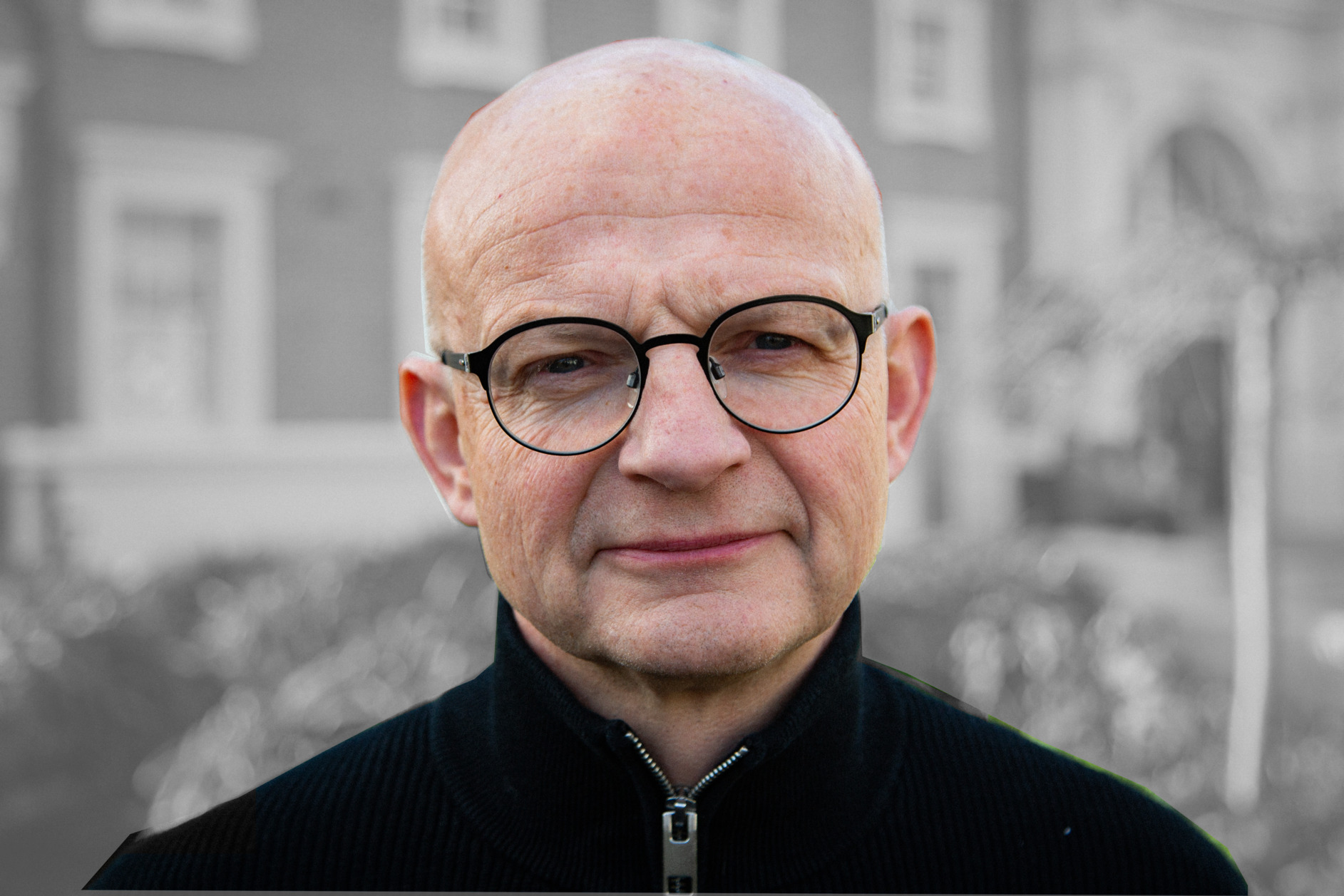
Dan McQuillan
Accepted papers
- Deepfake Detection using Parallel Vision Transformers
- Rethinking Artificial Intelligence creativity and ideation systems
- Alien Recombination: Exploring Concept Compositions Beyond Human Cognitive Availability in Visual Art
- FicSim: An Ethically Constructed Dataset for Long-Context Semantic Similarity Comparison within Fiction
- Composers’ Evaluations of an AI Music Tool: Insights for Human-Centered Design
- Copiloting Creative 3D Scene Modeling and Visualization with Generative Agents
- My Voice, Your Voice, Our Voice: Attitudes Towards Collective Governance of a Choral AI Dataset
- Narrative Information Theory
- Collaborative Creativity – Sparking Human Creativity in Brainstorming Sessions with an AI Muse
- Show, Don’t Tell: Uncovering Implicit Character Portrayal using LLMs
- Denoising Monte Carlo Renders with Diffusion Models
- Autolume: A GAN-based No-Code AI Tool for Art Creation
- PDMX: A Large-Scale Public Domain MusicXML Dataset for Symbolic Music Processing
- Automated Black-box Prompt Engineering for Personalized Text-to-Image Generation
- Real-Time Neuro-Augmented Cinema via Generative AI
- Iterative Optimization of SDS Loss for Video Generation from Multi-Object Sketches
- Localized Text-to-Image Generation For Free via Cross Attention Control
- An Object is Worth 64x64 Pixels: Generating 3D Object via Image Diffusion
- Musical Agent Systems: MACAT and MACataRT
- Steering LLMs to Evaluate and Amplify Creativity
- ComicCamp: A Framework for Comic-Style Campaign Narration
Accepted artworks
- GoGo Musebots: Generative Music for Robotic Instruments and Human performers
- Spectra
- mind-meld
- La Solitudine delle Moltitudini (The Solitude of the Multitudes)
- Regenerate (see description)
- Forrest Dance
- Dreaming Species
- Immaculate Conception Inc.: A Journey Through the Future of Birth (see description)
- The Tale of Punyakoti: An AI-Enhanced Audio Experience
- Walter Benjamin’s The Destructive Character AI-fication (see description)
- Typologies (see description)
- Ecotones of the Mind
- Elyra Vunaris Presents the Music of Varexia (see description)
- Revival: Collaborative Artistic Creation through Human-AI Interactions in Musical Creativity
- Navigating Neural Fields with Vision-Language Models
Directions to Pinnacle Hotel from NeurIPS Convention Center
The afternoon session on Saturday will be held at the Pinnacle Hotel from 2pm at the following address:
1133 W Hastings St, Vancouver, BC V6E 3T3
The Pinnacle Hotel is a 6-minute walk from the NeurIPS Convention Center. Here is a map showing the route:

Organizers
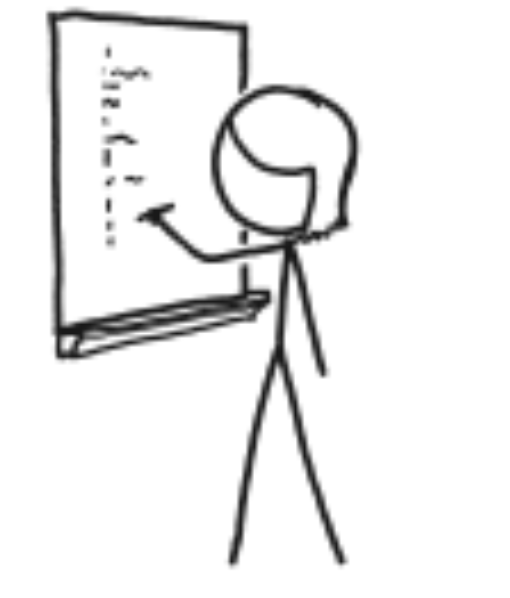
Yaim Cooper
Mathematics
University of Notre Dame

Holden Lee
Applied Mathematics and Statistics
Johns Hopkins University
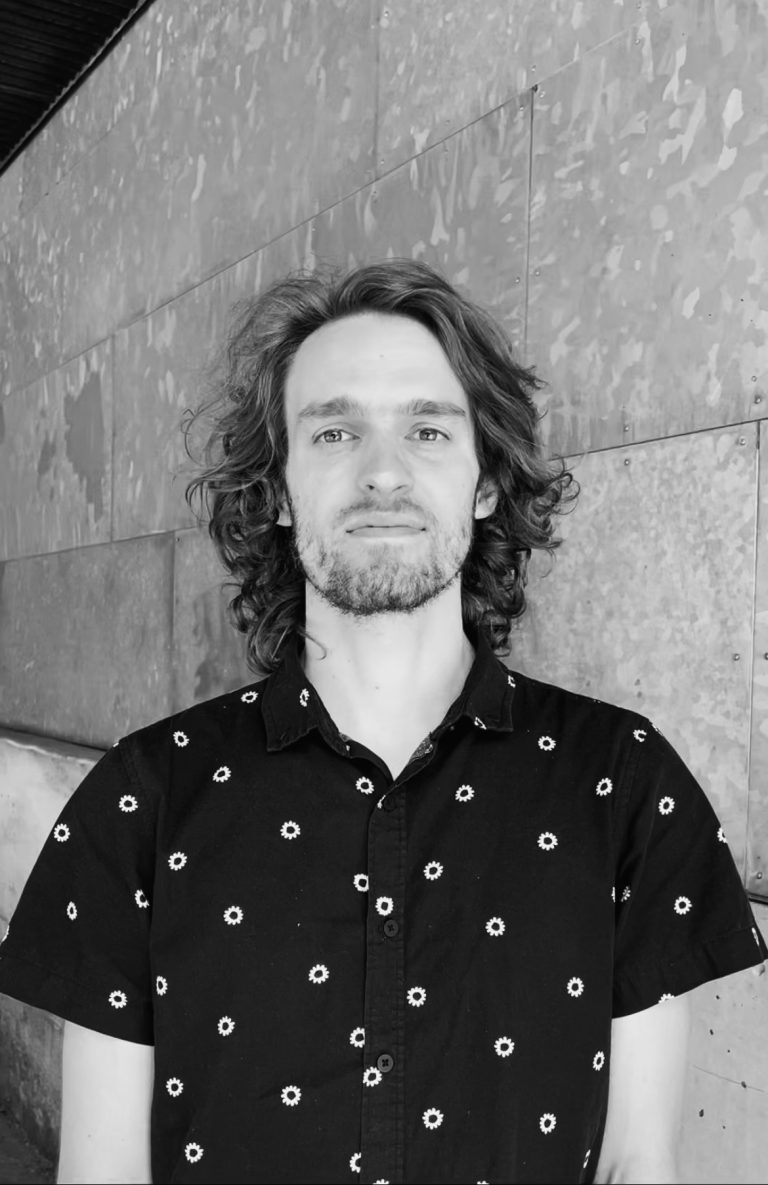
Hugo Berard
Computer Science
UNESCO Chair in Urban Landscape, University of Montréal
Advisors

Ken Liu
Writer
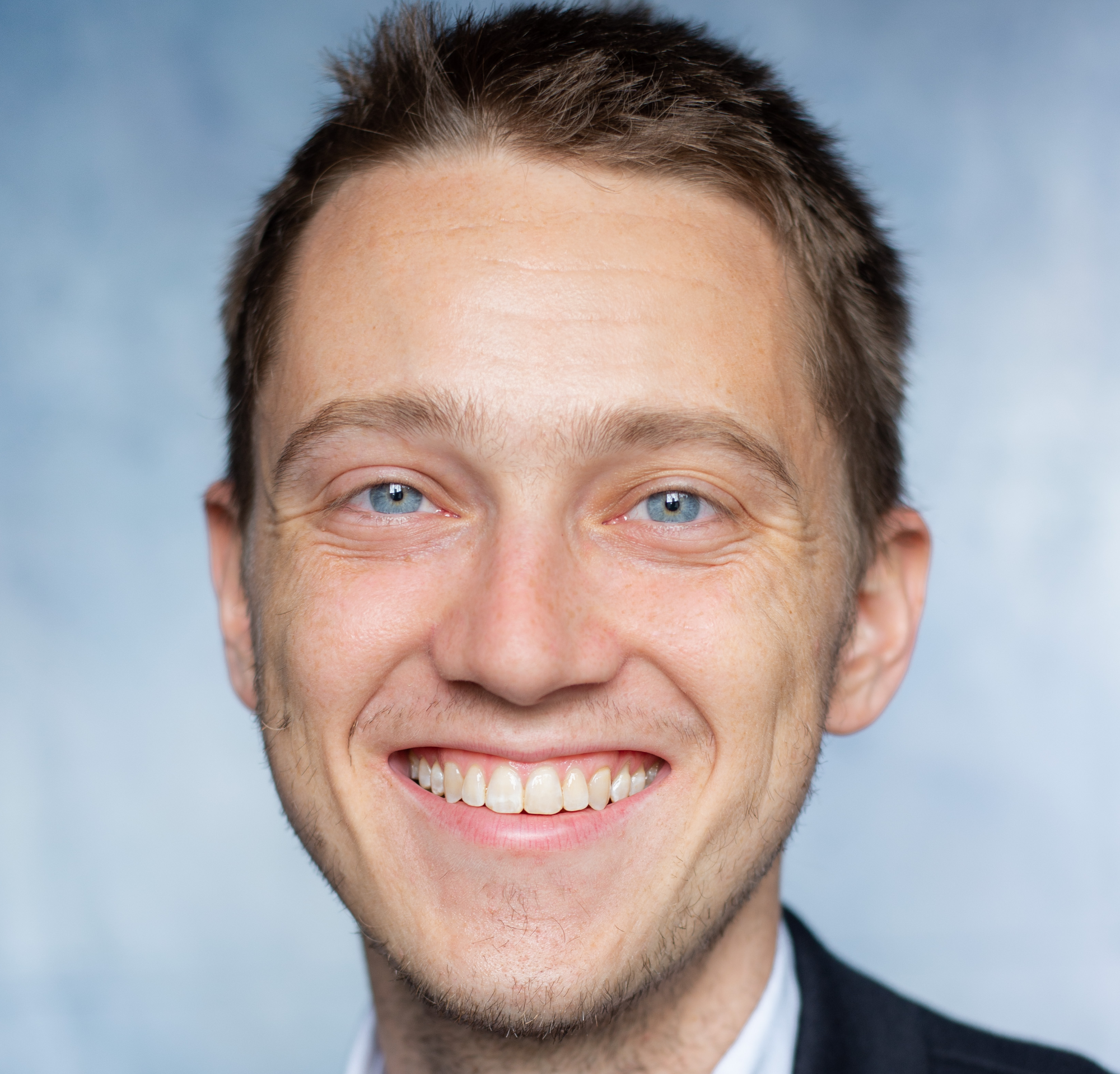
Nicholas Vincent
Computer Science
Simon Fraser University
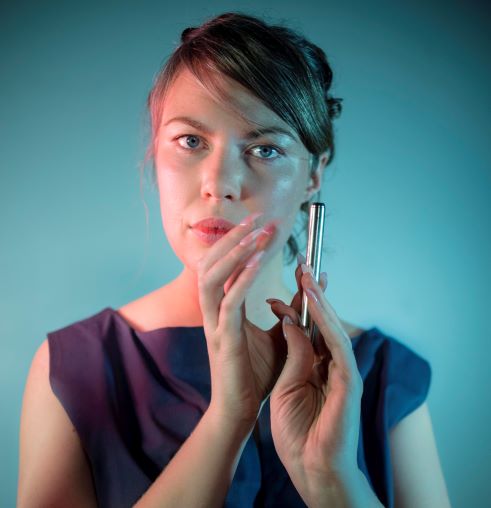
Erin Gee
Music
University of Montréal
Call for Papers and Creative Work
The submission portal for both calls is here.
Call for Papers
We invite participants to submit 2-page papers in the NeurIPS camera-ready format (with author names visible) at our submission portal by 11:59pm September 12, AoE. References and any supplementary materials provided do not count as part of the 2-page limit. However, it will be at the reviewers’ discretion to read the supplementary materials.
We invite both technical contributions related to building tools aligned with the values and needs of creative professionals, as well as perspectives on broader issues in the field. Here is a non-exhaustive list of topics:
- Design of interactive, human-in-the-loop generative AI systems
- Detection of plagiarism and copying in image and text generation
- Tools to protect content creators from unwanted training
- Representational biases in training data and their effects
- Detection of AI-generated content and methods of evading detection
- Benchmarking “creativity” in generative AI systems
- Theories of data governance, provenance, and leverage
- Proposals for data licensing for AI training, especially for creative applications
- Surveys of attitudes and practices of creative professionals regarding generative AI
- Discussion of generative AI from legal, ethical, economic, or other perspectives
At least one author of each accepted paper must register for and attend the workshop. Authors of accepted papers are invited to present a poster on their work in the poster session. A small number of papers may be selected for an invited talk.
Submissions that have appeared in the main NeurIPS 2024 conference are allowed. Otherwise, submissions cannot have previously appeared in conferences or journals. Accepted papers will appear on the workshop website, but the workshop will not have official proceedings.
Call for Creative Work
We invite creative submissions of all forms, including (and not limited to) visual art, writing, music, film, games, mathematics, and performance, that critically engage with the use of AI in creative endeavors. The work itself can be generated with or without AI tools, and can be “proof-of-concept”. We especially look for work that puts generative AI in context within the creative process, shows new ways of collaborating creatively with AI, and sparks conversation about our relationship with AI. Artwork will be judged based on both artistic merit and on thematic relevance. Submit at our submission portal by 11:59pm September 12, AoE.
While registration is required to attend the workshop, it will not be required to have accepted artwork. A small number of creators may be selected to give an invited talk.
If your work is selected for inclusion in the program, you grant us non-exclusive rights to publish and reproduce the artwork. By submitting, you affirm that you are the author of the work and have the authority to grant these rights (inasmuch as possible given possible AI-assisted creation).
All submissions will be considered for a up to $200 prize to recognize outstanding contributions to the exploration of AI in art.
Please indicate whether the work has previously appeared in other venues (including online) or is currently being reviewed elsewhere. We will prioritize original submissions which have not previously appeared in other venues.
Submissions should consist of the following, placed within a single .zip folder of at most 100MB:
- Required: At least one of the following
- A single file consisting of the artwork, named
artwork_name_main(with appropriate file extension). (Replaceartwork_namewith the title of the piece.) - For works that are not film, you may submit a video of at most 1 minute demonstrating the artwork, named
artwork_name_video.mp4; we recommend this for works that cannot easily be presented electronically, for example, a physical interactive experience.
- A single file consisting of the artwork, named
- Required: A description to accompany the artwork of at most 2 pages, named
artwork_name_description.pdf. We recommend using the same format as in the call for papers. The description should include the title, artist bios, and how AI was used in the creation of the work (if it was used). This can include a description of the creation process or discussion of themes, and will be taken into account when evaluating the submission. - Optional: You may submit additional files named
artwork_name_supplementary_1,artwork_name_supplementary_2, etc. Note that the submission will primarily be judged by the merit of the main piece, and we will include any supplementary work in the program at our discretion.
If you are not able to submit your piece conforming to the above format, please get in touch with us with a description of your work, and we can arrange an alternative way for you to submit. For example, we may ask you to submit a link if it is an interactive piece hosted on a web server. Submissions not adhering to the above guidelines will be accepted only when cleared with us.
Contact
Contact the organizers at creativity.ai.neurips@gmail.com